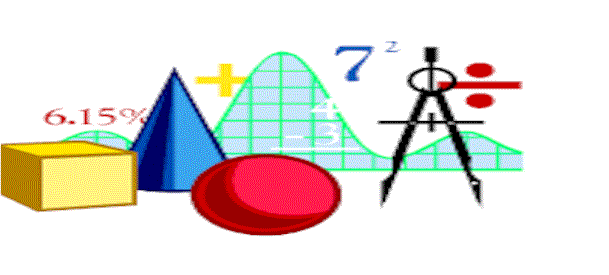The mapc Function applies the specified function {proc}
to each value in {vector}. The mapc function returns the
value resulting from the last mapping of the specified function. The function
{proc} must be a function that requires a single argument.
Structure
The mapc Function applies the specified function {proc}
to each value in {structure}. The mapc function returns the
value resulting from the last mapping of the specified function. The function
{proc} must be a function that requires a single argument.
Dictionary
The mapc Function applies the specified function {proc}
to each value in {dictionary}. The mapc function returns the
value resulting from the last mapping of the specified function. The function
{proc} must be a function that requires a single argument.
Directory
The mapc Function applies the specified function {proc}
to each value in {directory}. The mapc function returns the
value resulting from the last mapping of the specified function. The function
{proc} must be a function that requires a single argument.
Matrix
The mapc Function applies the specified function {proc}
to each value in {matrix}. The mapc function returns the
value resulting from the last mapping of the specified function. The function
{proc} must be a function that requires a single argument.
NumMatrix
The mapc Function applies the specified function {proc}
to each value in {nummatrix}. The mapc function returns the
value resulting from the last mapping of the specified function. The function
{proc} must be a function that requires a single argument.
Pair
The mapc Function applies the specified function {proc}
to each value in the{pair}. The mapc function returns the
value resulting from the last mapping of the specified function. The function
{proc} must be a function that requires a single argument.
List
The mapc Function applies the specified function {proc}
to each value in the{list}. The mapc function returns the
value resulting from the last mapping of the specified function. The function
{proc} must be a function that requires a single argument.
The mapc function is a non-destructive function that behaves like the map
with the difference being the return value is the value returned by the last function
whereas mapc returns a new copy of the Vector. It is a simpler than coding a
loop and applying a function to each Vector element. For instance, the mapc
function, with arguments of {proc} and {vector}, is equivalent to the
following generic loop code:
(loop for i from 0 until (length vector) do (proc vector[i]))
Structure
The mapc function is a non-destructive function that behaves like the map
with the difference being the return value is the value returned by the last function
whereas mapc returns a new copy of the Vector. It is a simpler than coding a
loop and applying a function to each Structure element. For instance, the mapc
function, with arguments of {proc} and {structure}, is equivalent to the
following generic loop code:
(loop for i from 0 until (length structure) do (proc structure[i]))
Dictionary
The mapc function is a non-destructive function that behaves like the map
with the difference being the return value is the value returned by the last function
whereas mapc returns a new copy of the Vector. It is a simpler than coding a
loop and applying a function to each Dictionary element. For instance, the mapc
function, with arguments of {proc} and {dictionary}, is equivalent to the
following generic loop code:
(loop for i from 0 until (length dictionary) do (proc dictionary[i]))
Directory
The mapc function is a non-destructive function that behaves like the map
with the difference being the return value is the value returned by the last function
whereas mapc returns a new copy of the Vector. It is a simpler than coding a
loop and applying a function to each Directory element. For instance, the mapc
function, with arguments of {proc} and {directory}, is equivalent to the
following generic loop code:
(loop for i from 0 until (length directory) do (proc directory[i]))
Matrix
The mapc function is a non-destructive function that behaves like the map
with the difference being the return value is the value returned by the last function
whereas mapc returns a new copy of the Matrix. It is a simpler than coding a
loop and applying a function to each Matrix element. For instance, the mapc
function, with arguments of {proc} and {matrix}, is equivalent to the
following generic loop code:
(loop for i from 0 until (length matrix) do (proc matrix[i]))
NumMatrix
The mapc function is a non-destructive function that behaves like the map
with the difference being the return value is the value returned by the last function
whereas mapc returns a new copy of the NumMatrix. It is a simpler than coding a
loop and applying a function to each NumMatrix element. For instance, the mapc
function, with arguments of {proc} and {matrix}, is equivalent to the
following generic loop code:
(loop for i from 0 until (length matrix) do (proc matrix[i]))
Pair
The mapc function is a non-destructive function that behaves like the map
with the difference being the return value is the value returned by the last function
whereas mapc returns a new copy of the Pair or List. It is a simpler than coding a
loop and applying a function to each Pair or List element. For instance, the mapc
function, with arguments of {proc} and {pair}, is equivalent to the
following generic loop code:
(loop for i from 0 until (length pair) do (proc pair[i]))


